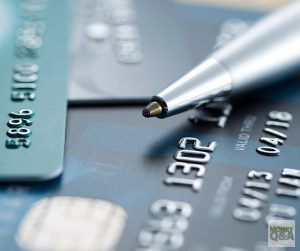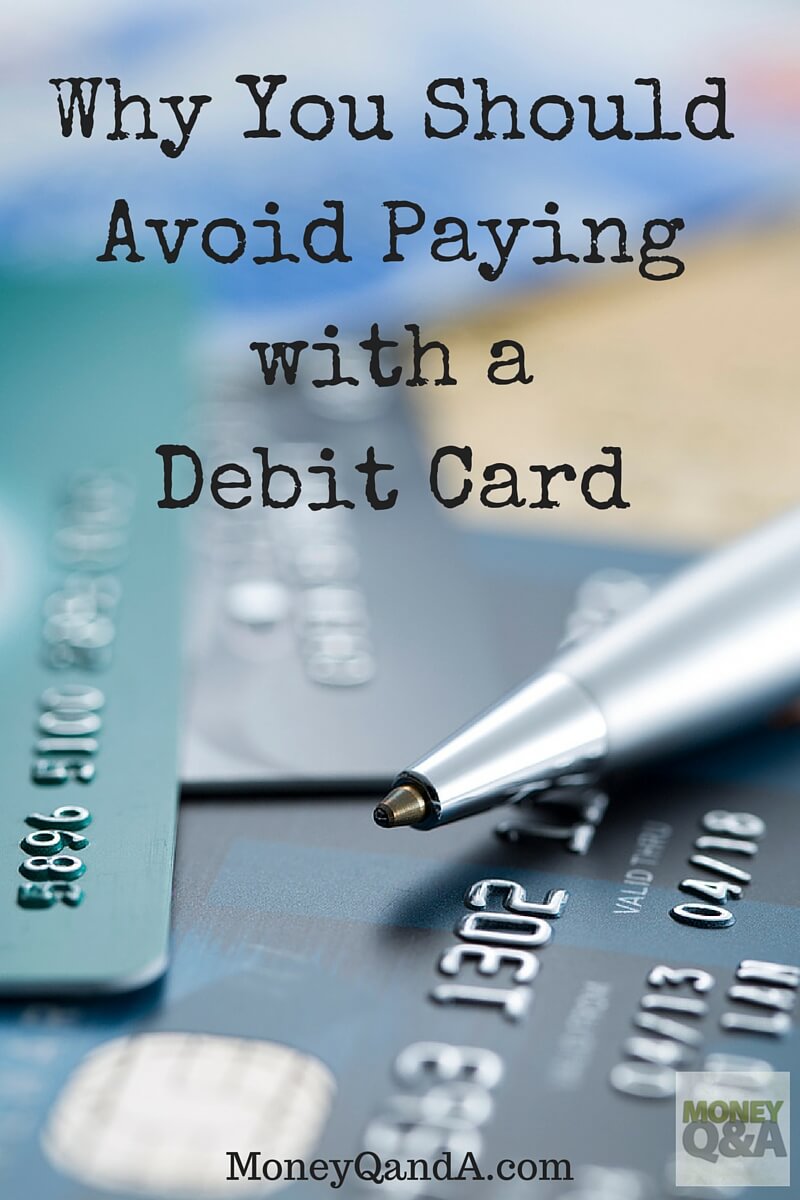 Debit cards are the most popular non-cash transaction method in the U.S., with about 5.1 billion debit cards in circulation and $1.4 trillion in debit card purchases each year. Despite this popularity factor, paying with a debit card is generally a bad idea for many purchases when compared to alternative payment methods.
Debit cards are the most popular non-cash transaction method in the U.S., with about 5.1 billion debit cards in circulation and $1.4 trillion in debit card purchases each year. Despite this popularity factor, paying with a debit card is generally a bad idea for many purchases when compared to alternative payment methods.
Why You Should Avoid Paying with a Debit Card
If you currently rely on debit cards for most of your purchases and orders, then don’t miss these major reasons why you should avoid paying with a debit card:
Legal Protections Against Fraud
According to Nasdaq, 31.8 million American consumers’ credit cards were breached in 2014 and the number of both credit and debit card breaches is supposed to rise 34% from 2014 to 2018. Globally, fraud losses on credit, debit, and prepaid cards hit $16.31 billion in 2014. That number is expected to fluctuate based on the increasing shift towards EMV cards (with chips imbedded in the card to prevent counterfeiting), and new technologies to prevent identity and financial theft.
For the time being, there are laws in place to protect consumers from fraud as much as possible. Most major credit card companies offer theft protection for their cardholders, which include both zero-responsibility policies for fraudulent purchases and email or text alerts when a large purchase is made far from the cardholder’s residence.
Under federal laws, credit cardholders are not liable for more than $50 of fraudulent transactions made on their card (again, many credit card companies don’t even hold you liable for a penny).
The story is somewhat different for debit cardholders, however. Under the Electronic Fund Transfer Act, debit cardholders have to notify their bank within 2 days of noticing a lost or missing debit card, just to qualify for the $50 loss liability limit.
If you notify your bank within a 2-60 day window, then you won’t be liable for more than $500 in fraudulent charges on your card. Waiting longer than 60 days to report the fraud may cost you the entire amount scammed from your account.
Worse still, even if you were to eventually receive a refund, you won’t have access to these funds until the claim investigation concludes.
Debit Card Safety Features…Or Lack Thereof
Not only do credit cards offer more liability protections under the law, but credit cards are inherently safer than debit cards as well. A debit card only requires a 4-digit pin code, which can be stolen by electronic skimmers secretly installed by identity thieves in places like supermarkets’ self-checkout lanes and gas stations.
Online shopping is particularly concerning for debit card users due to the proliferation of digital hackers and website scams designed to look legitimate enough to acquire your card information then disappear when you contact them for the product or service your paid for.
Some banks also lack notification systems such as potential fraud alerts via text or email. Disabling a compromised card is also more difficult for debit card issuers than credit card issuers, and while your credit card company will usually send your new card within a day or two, reissuing a new debit card can take 1-2 weeks in some cases.
Can’t Build Credit with Debit
A common misconception among folks who only use debit cards is that avoiding credit cards is better for your financial situation. This certainly applies to anyone with a spending problem, but if you’re responsible when it comes to spending within your means then you’re missing out on a valuable opportunity to build credit by only paying with a debit card.
To stay on top of your finances, you might want to treat your credit card like a debit card. Don’t spend more than what you have in your bank account and pay off your credit card statement balance each month.
This way, you’ll get the accountability benefits of a debit card with the credit-building benefits of a credit card. Favorable credit scores are crucial to qualifying for low interest rates on loans later on, and long history of consistent, responsible credit usage looks very good to the credit bureaus that assign your credit score.
No Rewards
In addition to losing out on the chance to boost your credit score, debit cards simply don’t offer the same rewards as credit cards. By relying on your debit card, you could be missing out on opportunities like 1-3% cash back on purchases, accumulation of airline miles, points (to redeem for gift cards or account credits), and other rewards.
Cash-back rewards literally discount your purchases, so unless you compelling reason to not use credit then switching from debit to credit cards can actually save you money.
Pay for Everything Upfront
Sure, this is no different from using only cash, but when it comes to making large purchases, paying the entire amount upfront can be a serious drain on your checking account. If you have a decent interest rate on your credit card and plan on paying it off within a couple months, then why not spread out the cost instead of immediately bleeding your bank account dry?
If you want to avoid paying interest and still access the same credit-building benefits of using a card, then a pay with a secured credit card or a personal loan to help cover the costs without going broke in the meantime.
Debit cards aren’t inherently bad, but the disadvantages of relying on debit instead of credit tend to outweigh any advantages. Whether it’s the lack of legal and technological protections for the debit card, the large holds placed on debit card orders, or the absence of rewards and credit-building opportunities, all of these should factor into your decision to rely on debit cards.
What about you? Are you nervous when paying with a debit card? Do you avoid paying with a debit card?

